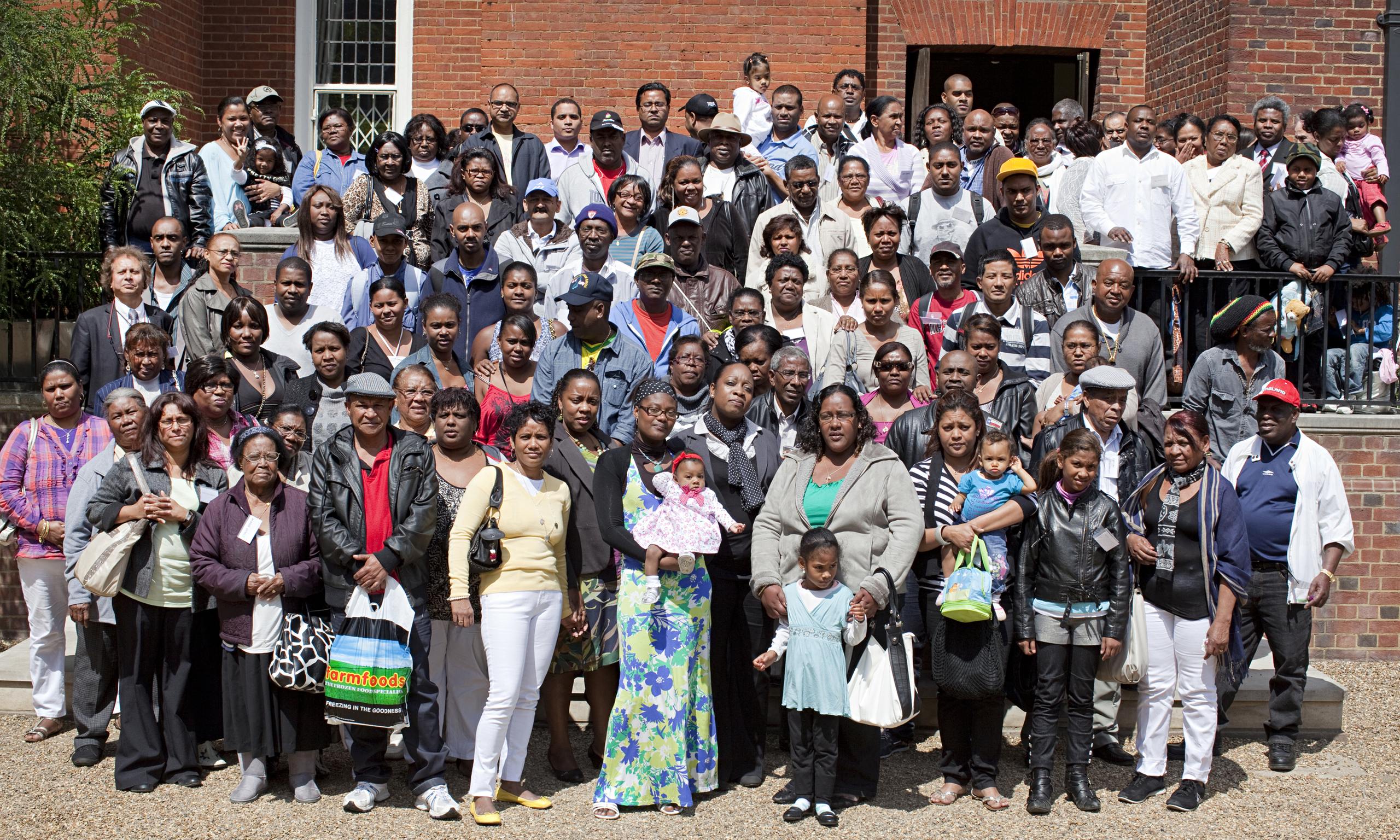In 1968, the UK and US began moving thousands of families from their Chagos Archipelago homes. They received no compensation and are barred from returning.
A Call for Reparations for Expulsion of
Indigenous Residents of Island Nation
Matt Berg and Eric Bazail-Eimil / Politico
(September 29, 2023) — The UK and US forcibly deported thousands of Indigenous people from their islands in the Indian Ocean almost six decades ago. Now, advocates say they’re gaining allies in Congress in their push for a long-awaited apology and reparations from Washington.
In 1968, the United Kingdom and United States began moving Olivier Bancoult’s family and thousands of others from their homes in the Chagos Archipelago to Mauritius, a small African island nation and former British colony some 1,000 miles to the south.
They received no compensation and have been barred from returning to the islands — renamed the British Indian Ocean Territory — with most removed inhabitants living in poverty and facing rampant discrimination, said Bancoult, leader of the Chagos Refugees Group.
But this week, Bancoult and other advocates scoured Capitol Hill, meeting with lawmakers — including senators on the Foreign Relations and Armed Services committees and in the Congressional Black Caucus — sympathetic to Chagossians’ cause. He and others declined to name the lawmakers they’ve met with.

Some of the native Chagossians driven into exile by US/UK military.
With ongoing talks between leaders of Mauritius and the UK about the future of the archipelago, advocates argue there’s an opening for the Biden administration to show its investment in the region by formally apologizing for the United States’ role in the forced removal.
“If you commit something wrong to other people, find a solution,” Bancoult, wearing a pin of the Chagossian flag with a Black Power fist depiction on his left lapel, told NatSec Daily over coffee on Capitol Hill.
In recent days, several lawmakers have expressed willingness to take action, said David Vine, an American University professor and author of a book examining the history of the Diego Garcia base. He added that “support now is greater than it has ever been.” That could take the form of a letter, resolution or even legislation similar to that which returned inhabitants to the Ogasawara Islands after the US Navy control in 1968.
It’s a tricky maneuver for the Biden administration, which likely sees value in keeping the base as it is and appeasing the Chagossians.

The Diego Garcia military base is used for operations in the Middle East and resupplying troops in the region. Due to its location between Africa and India, the outpost is also highly valuable as the United States increases deterrence efforts in the Indo-Pacific to counter China.
But watchdog groups argue that Chagossians’ human rights were violated by London and Washington — and have cited racism as the driving factor for the pair turning a blind eye. Chagossians are an African ethnic group originating from French slaves brought to the islands in the late 18th century, consisting of just a few thousand living descendants. Activists also want monetary reparations for the group, which could be costly.
Bancoult points out that a cemetery for dogs on the US military base located on Diego Garcia island is well-kept, while another for his ancestors nearby has been abandoned.
The State Department called the expulsion “regrettable” in a statement to NatSec Daily, the same wording used in the past when asked about the matter. State deferred the subject of negotiations to the United Kingdom, which maintains sovereignty over the islands.
So far, the White House has been silent, Vine said. The White House also didn’t respond to NatSec Daily’s request for comment.
With help from Joe Gould, Connor O’Brien, Daniel Lippman and Brittany Gibson
Posted in accordance with Title 17, Section 107, US Code, for noncommercial, educational purposes.